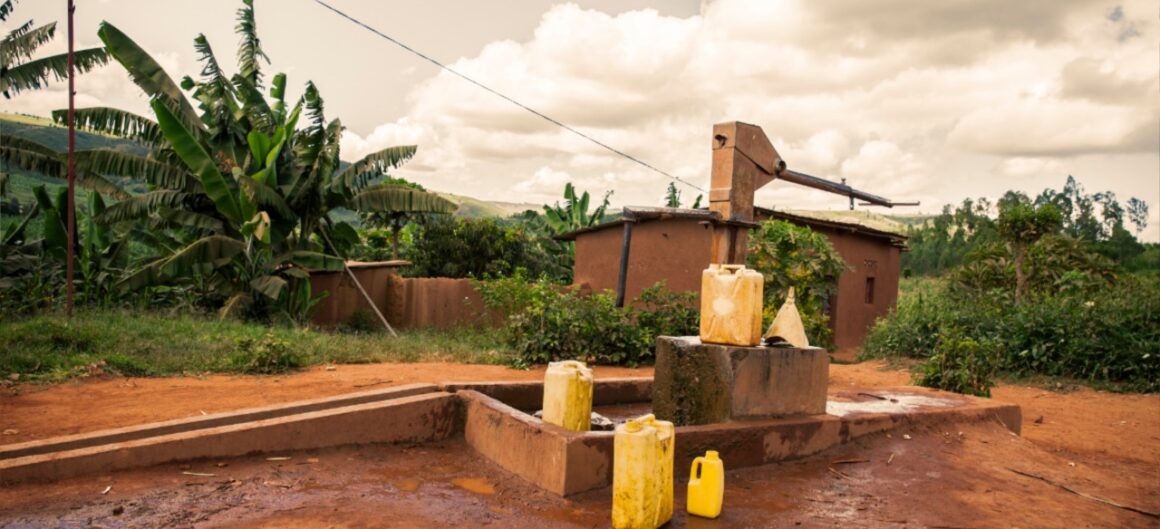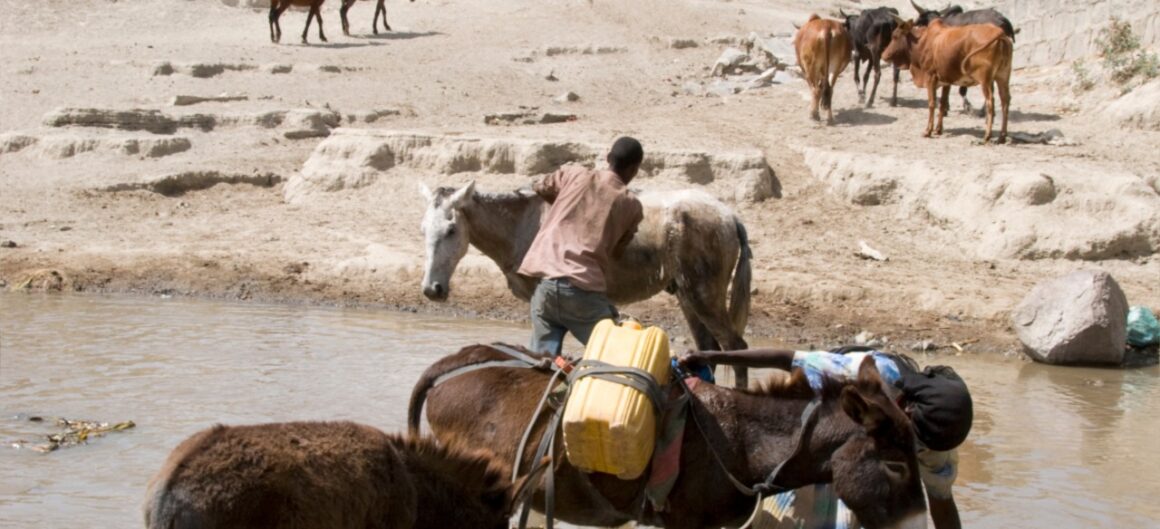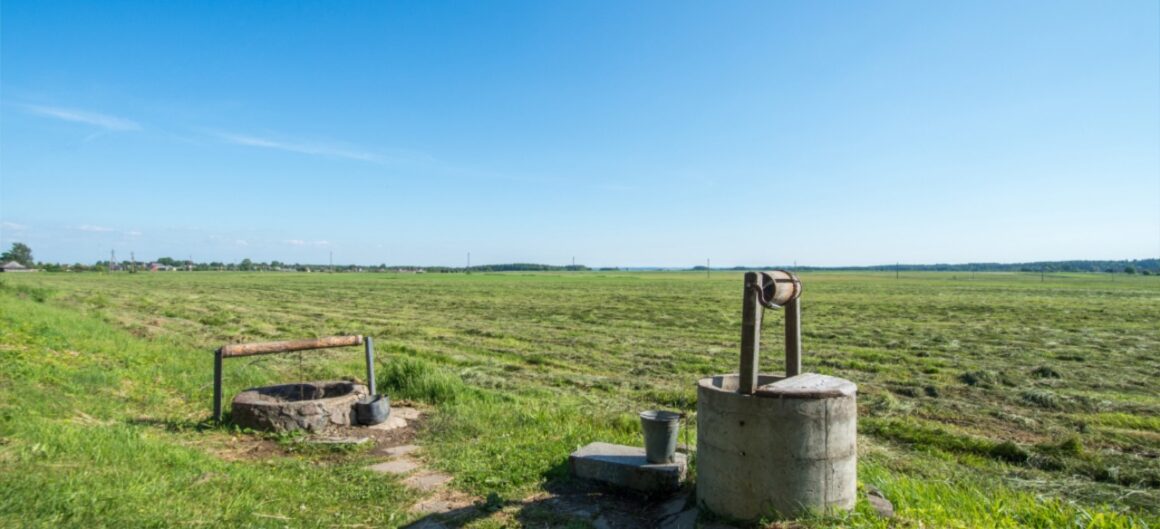Water Conservation and Management: Implementing water conservation measures, such as promoting efficient irrigation practices and reducing water wastage, can help sustainably manage water resources in the region.
Additionally, implementing water management strategies, such as setting up water storage and distribution infrastructure, can help ensure a steady supply of water for both domestic and agricultural use.
Water conservation involves using water wisely and efficiently to reduce overall water consumption. This can be achieved through various measures, such as fixing leaks, using low-flow fixtures, and practicing behaviors like turning off taps while brushing teeth or shaving. Conserving water not only helps in preserving this limited resource but also reduces the energy required to pump, treat, and heat water.
Efficient water management is crucial in areas facing water scarcity. It involves planning and implementing strategies to ensure that the available water resources are used effectively and sustainably. This can include implementing irrigation techniques that use water more efficiently, such as drip irrigation, and promoting drought-resistant crops to reduce water usage in agriculture. Water management also involves implementing policies and regulations to control water usage and prevent pollution of water sources.
Implementing water conservation and management measures requires a holistic approach, involving efforts from individuals, communities, and government bodies. Education and awareness campaigns can play a significant role in encouraging individuals to adopt water-saving behaviors, while government policies and regulations can ensure sustainable water usage and protect water sources.
Proper infrastructure, such as water treatment plants, storage facilities, and distribution networks, is also essential for effective water management. This includes investing in technologies that can help detect leaks, monitor water usage, and forecast potential water shortages.
In conclusion, water conservation and management are crucial for the sustainability of water resources. By taking steps to reduce water consumption and effectively manage available water, we can ensure a steady and sufficient supply of water for both present and future generations. It is the responsibility of everyone to play their part in conserving and managing water resources for a sustainable future.
Discover more from Omo Valley Clean Potable Water Initiatives
Subscribe to get the latest posts sent to your email.





